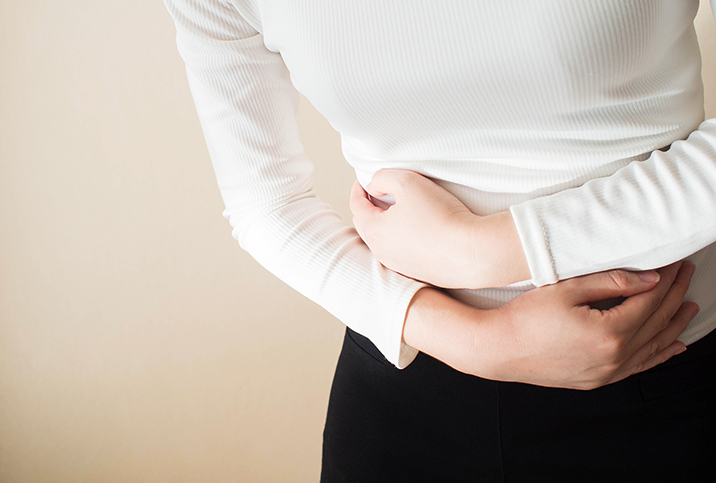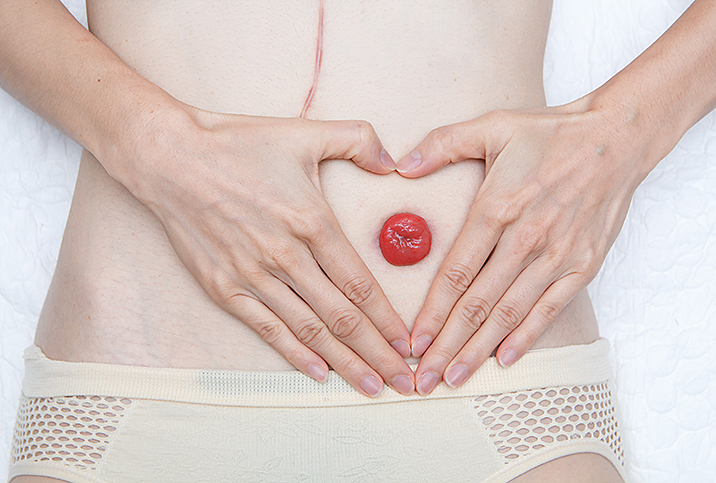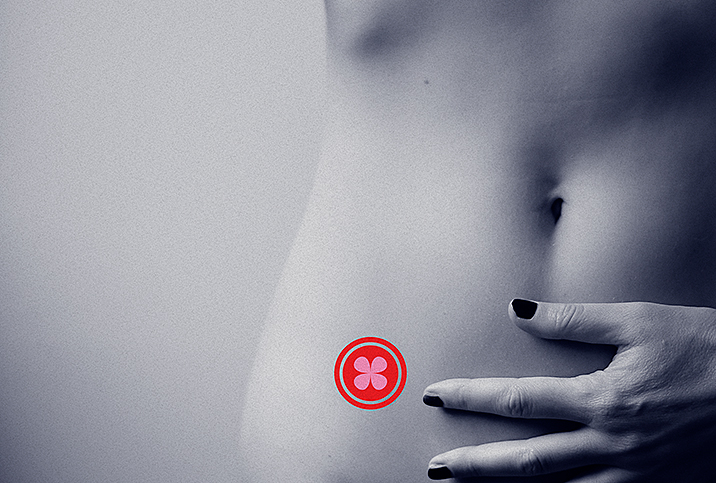Understanding Ulcerative Colitis: Symptoms & Treatment

Ulcerative colitis causes inflammation of the innermost lining of the large intestine (also known as the colon), as well as the rectum. In addition to inflammation, ulcerative colitis leads to the development of sores along the digestive tract.
Symptoms of ulcerative colitis
As is the case with other inflammatory bowel diseases, ulcerative colitis symptoms usually develop gradually over time. However, some people go through cycles of flare-ups and remissions.
Symptoms of ulcerative colitis can vary depending on how extreme the inflammation is and which part of the digestive tract is inflamed. Here are the most common symptoms of ulcerative colitis:
- Diarrhea
- Blood or pus in stool
- Rectal pain
- Abdominal pain
- Cramping
- Unintentional weight loss
- Urgent bowel movements
- Inability to pass bowel movements
- Fatigue
- Fever
- Rectal bleeding
- Lack of growth and development in children
Most people with ulcerative colitis experience only mild to moderate symptoms, according to the Mayo Clinic. However, the disease can sometimes lead to serious complications.
Ulcerative colitis treatment options
Doctors don't know for sure what causes ulcerative colitis, though heredity and immune system malfunction are believed to play a part.
There is no definitive cure for ulcerative colitis, either. However, a variety of treatment options are available to help manage symptoms and avoid complications.
The two main treatments for ulcerative colitis are drug therapy and surgery. Anti-inflammatory drugs are often used to try to reduce inflammation in the intestines and rectum, while biologic drugs and immune suppressors can be used to target immune responses that may negatively contribute to the condition.
If you are going through an ulcerative colitis flare-up, your doctor will likely prescribe antidiarrheal medications, pain relievers and vitamin supplements to help manage your symptoms.
In severe cases in which drug therapy is not enough to get ulcerative colitis under control, surgery may be necessary. A proctocolectomy may be performed to remove the entire colon and rectum. This surgery typically involves the installation of a stoma, which is a small flesh opening on the abdomen through which stool is rerouted. An ostomy bag is then put over the opening to collect stool.
Sometimes the rectum is not fully removed and a stoma is not necessary. In these cases, a pouch can be attached directly to the anus, allowing stool to exit the body relatively normally.
The risk of cancer
It's important to note that individuals with ulcerative colitis are at an increased risk for developing colon cancer. Medical experts recommend that people who have ulcerative colitis undergo more frequent cancer screenings. The type and frequency of cancer screenings depend on where the ulcerative colitis is located. Talk to your doctor about what preventive screening strategy is best for you based on your case.
If you think you might have ulcerative colitis, be sure to consult your doctor. Working together to keep your symptoms under control could help you avoid complications in the future.


















